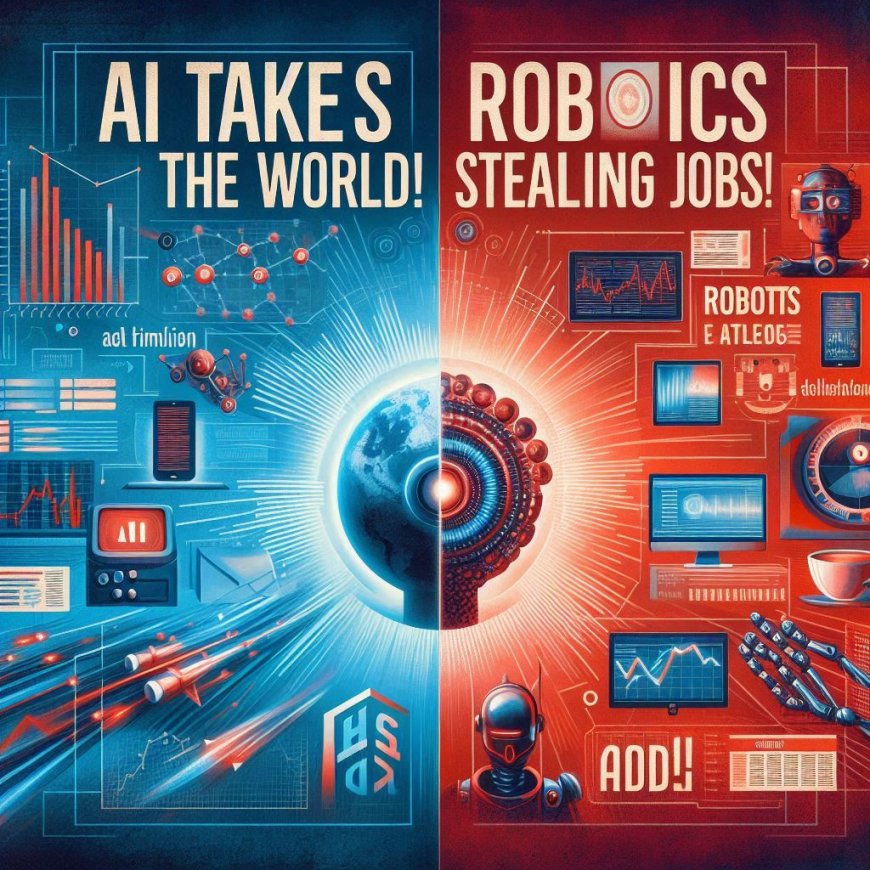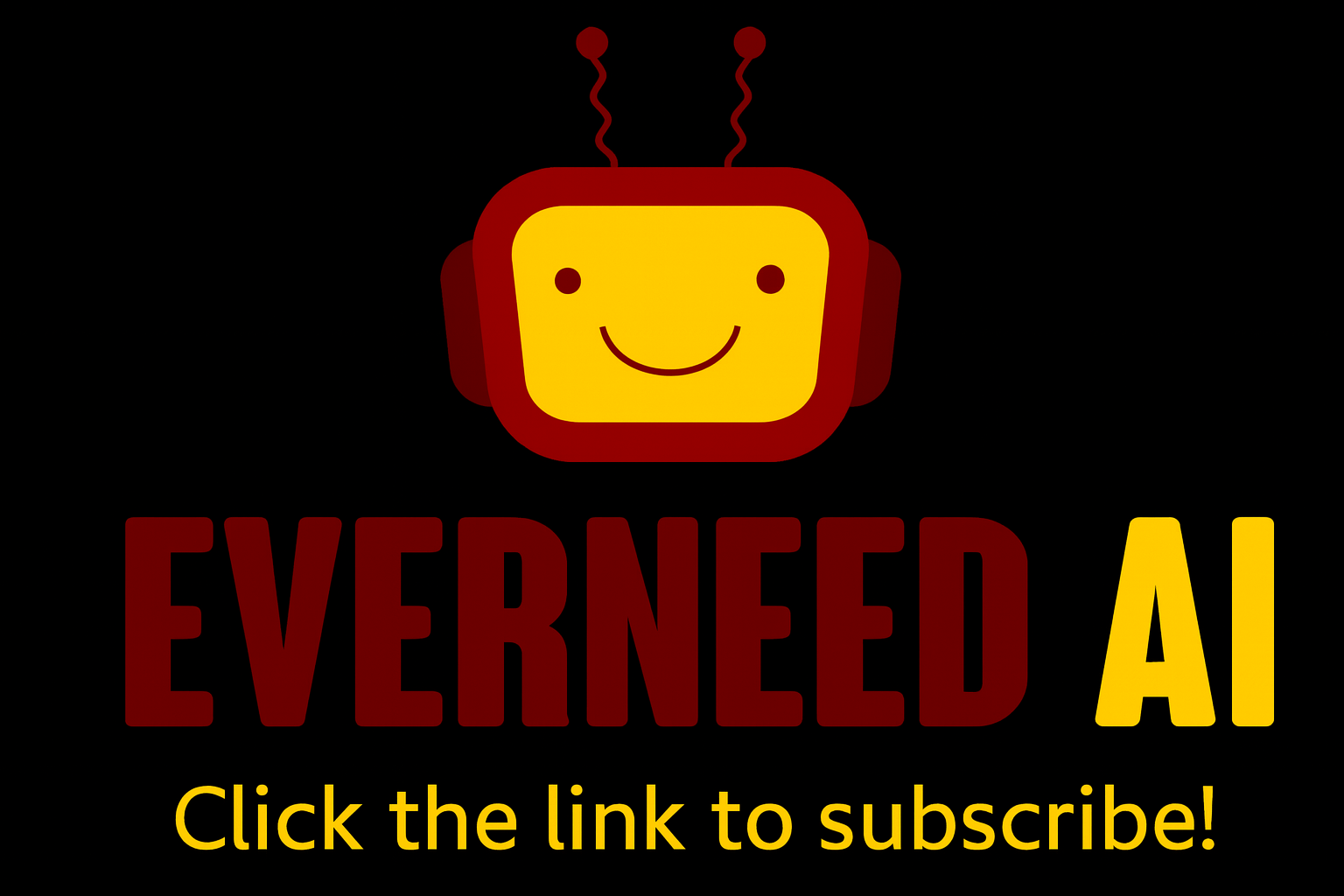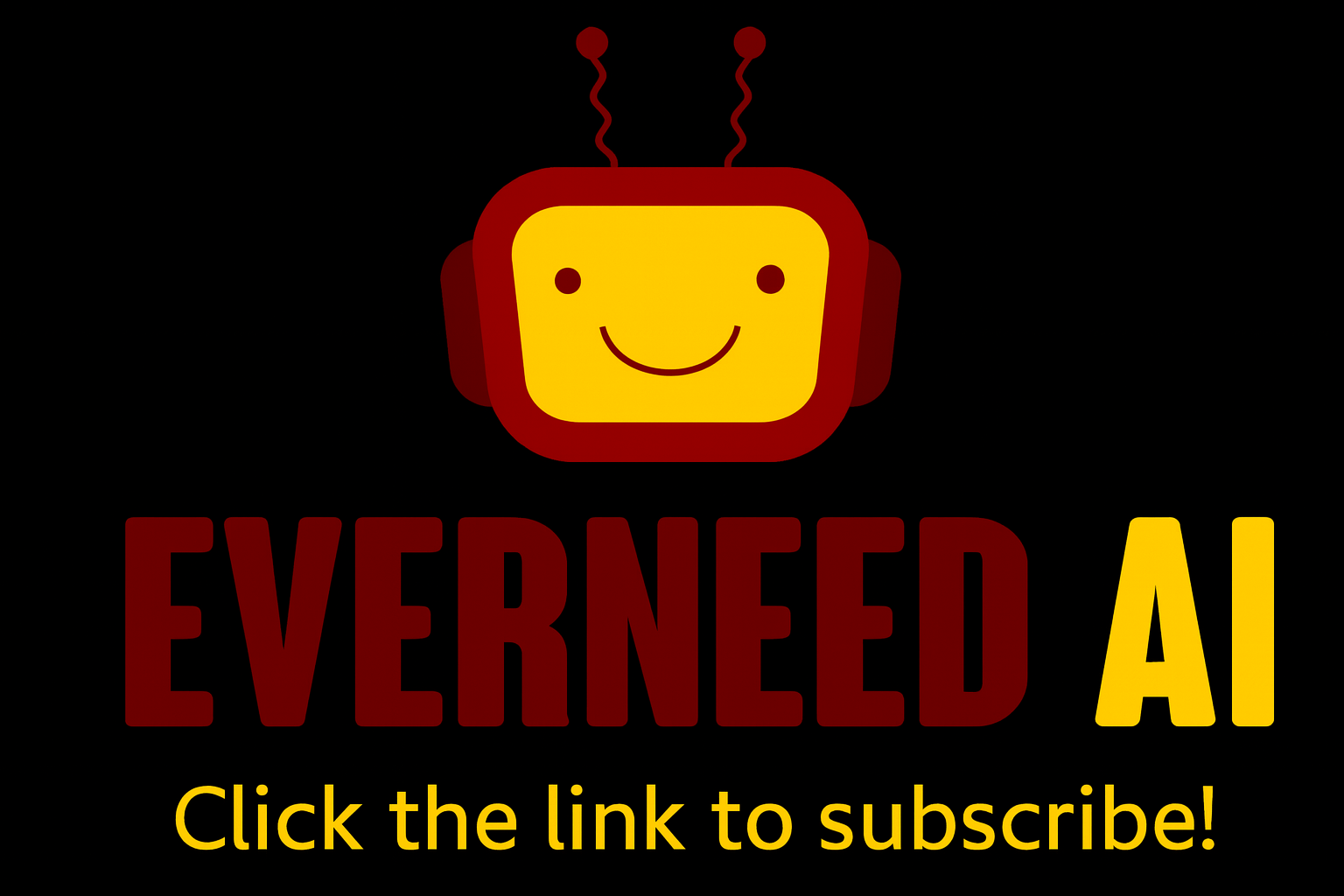AI Has Already Taken Over the World—And You Won’t Believe What Happens Next!
Is AI truly taking over the world? Discover the truth behind sensationalist headlines on artificial intelligence, machine learning, and robotics. Learn how to separate myths from reality and apply critical thinking when reading about tech advancements.

Introduction
Artificial Intelligence (AI), machine learning (ML), and robotics have been painted as either our saviors or our downfall by sensational media headlines. While it’s easy to get caught up in tales of sentient robots or AI masterminds plotting world domination, the reality is far more nuanced—and far less terrifying. In this article, let’s separate the myths from the facts and empower you to critically assess AI advancements without falling for exaggerated media narratives.
The Fiction: "AI Is Sentient and Plotting Against Humanity!"
Many clickbait articles suggest AI has developed consciousness or independent thought. In reality, AI models are advanced pattern-recognition tools that rely on vast amounts of data to generate predictions and automate tasks. No AI system today has self-awareness or emotions, despite what sci-fi movies might portray.
The Reality: AI Is Powerful, But Not Conscious
AI can process data at incredible speeds, assist in medical diagnoses, automate routine work, and even generate creative content. However, every AI system lacks subjective experience—it does not "think" or "feel" like a human. What AI does well is mimic intelligence by learning from patterns, but it remains a tool programmed and monitored by humans.
The Fiction: "Robots Will Replace Every Human Job Overnight!"
You’ve likely read alarmist headlines claiming robots will wipe out millions of jobs, leaving people unemployed and obsolete. While automation is increasing, it’s not a direct replacement for human workers—instead, it reshapes industries and creates new opportunities.
The Reality: AI and Robotics Enhance, Not Eliminate, Human Labor
While certain repetitive tasks are automated, robotics and AI also create new job roles—like AI specialists, robotics engineers, and ethical AI oversight positions. The key is adaptation—just as the Industrial Revolution changed the workforce, AI is transforming how we work rather than eliminating jobs altogether.
The Fiction: "AI Can Predict the Future Perfectly!"
AI-driven predictions are often hyped as flawless—whether in finance, medicine, or criminal investigations. The truth? AI predictions are only as good as the data they are trained on, and they still have limitations.
The Reality: AI Is a Powerful Aid, But Not a Crystal Ball
Machine learning models detect trends based on historical data, but they can’t predict unexpected or unprecedented events. Businesses and researchers use AI to make informed decisions, but human judgment remains essential to interpret results correctly.
How to Think Critically About AI News
Rather than accepting sensational headlines at face value, consider these critical thinking strategies:
- Check the Source: Reliable news outlets and experts provide balanced perspectives on AI advancements.
- Look for Evidence: Are claims backed by peer-reviewed studies, technical documentation, or expert analysis?
- Understand Limitations: No AI system is perfect—be skeptical of claims suggesting otherwise.
- Differentiate Sci-Fi from Reality: If an article sounds like a dystopian movie, it’s likely exaggerated for clicks.
Conclusion
The reality of AI, ML, and robotics is exciting but not apocalyptic. These technologies hold immense potential for improving efficiency, healthcare, and innovation, but they’re still tools—not sentient overlords or job-stealing monsters. By questioning exaggerated media narratives and relying on critical thinking, you can stay informed without falling for clickbait.
Whether you’re a tech enthusiast, a professional, or simply curious about AI, staying informed about these trends can help you navigate the AI-driven world of tomorrow. What AI-related topics are you searching for? Let us know in the comments below!
Written/published by Kevin Marshall with the help of AI models (AI Quantum Intelligence)













